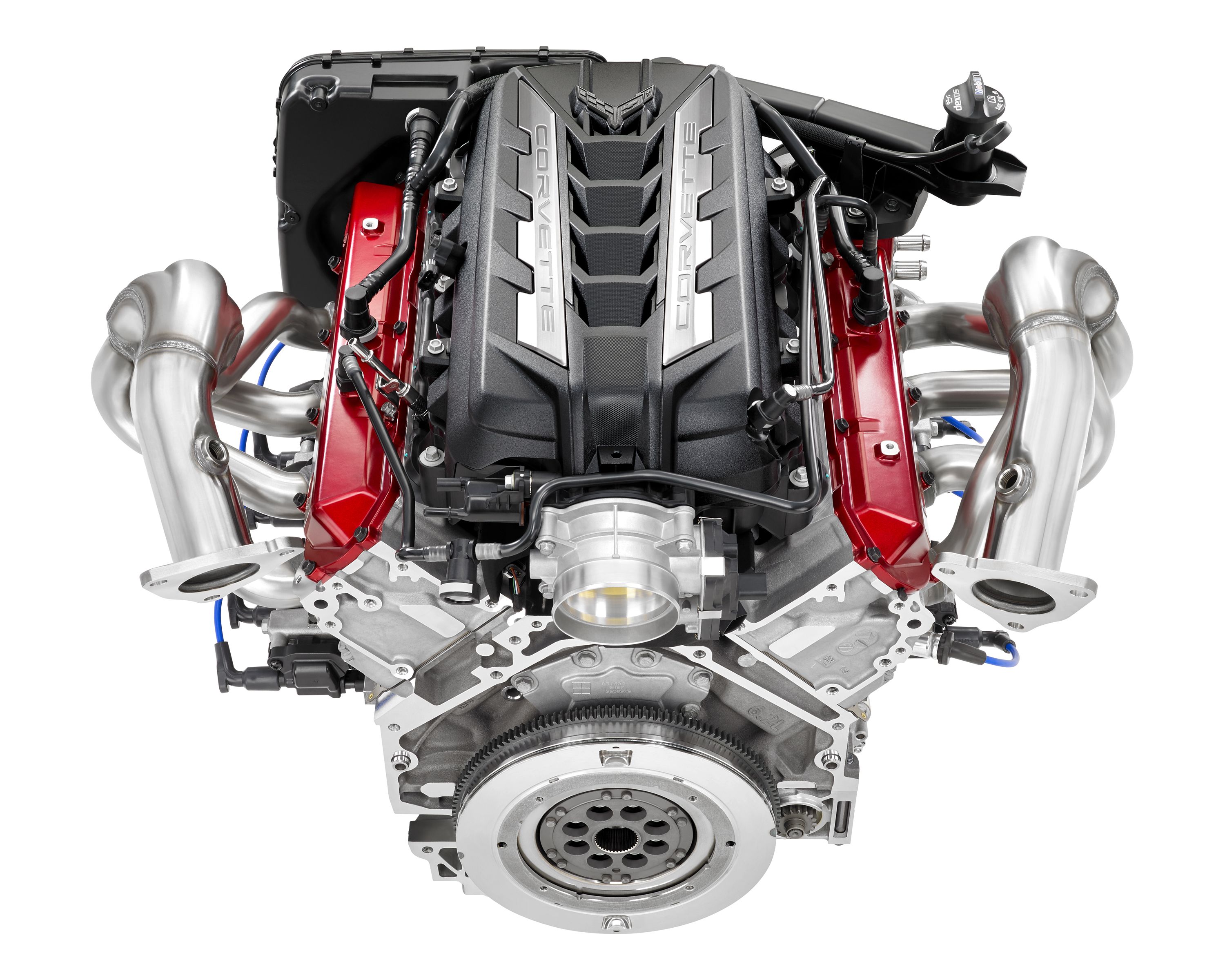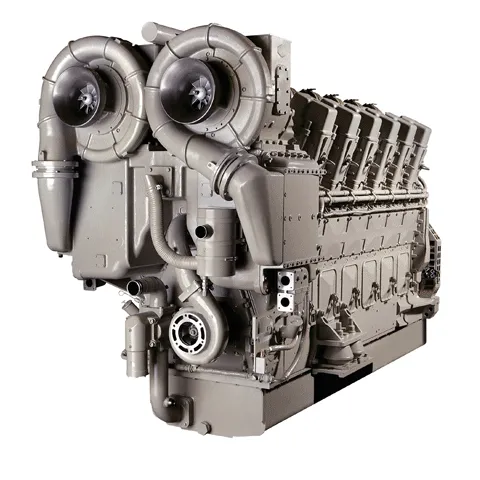Engines For Africa Offers Motors You Can Depend On
Engines For Africa Offers Motors You Can Depend On
Blog Article
Explore a Large Range of Engines for each Car and Purpose
The auto landscape is significantly complex, with a diverse range of engine types created to satisfy certain performance and efficiency demands throughout numerous car categories. From the high-performance engines that power sporting activities vehicles to the fuel-efficient choices tailored for everyday commuting, the options are substantial and varied. Furthermore, durable engines offer the demands of work vehicles, while environment-friendly choices are acquiring grip in the pursuit of lasting transport. Understanding these differences is crucial for making educated choices, particularly as arising modern technologies remain to shape the future of automobile engineering. What implications might these advancements hold for customers and makers alike?
Sorts Of Automotive Engines
Automotive engines can be categorized into a number of distinct types, each designed to satisfy particular performance and efficiency requirements. One of the most typical categories include internal combustion engines, electric engines, and hybrid systems.

Electric engines, on the other hand, run on electrical power stored in batteries, offering instantaneous torque and absolutely no discharges. These engines are coming to be significantly prominent due to improvements in battery technology and the growing focus on sustainability.
Hybrid systems combine both inner combustion and electric engines, making it possible for cars to optimize fuel performance and lower exhausts by flawlessly changing in between source of power. Each engine type presents its benefits and negative aspects, influencing factors such as car layout, planned use, and market need. When selecting the appropriate engine for their details requirements., comprehending these differences is vital for manufacturers and customers alike.
Performance Engines for Sports Cars
Performance engines for sporting activities automobiles are particularly crafted to supply enhanced power, dexterity, and rate, establishing them besides conventional automobile engines. These engines commonly utilize innovative technologies such as turbocharging, turbo charging, and variable shutoff timing to maximize performance and responsiveness.
Commonly, performance engines are developed with greater compression ratios, which enable higher power removal from gas. This leads to remarkable horsepower and torque numbers, enabling fast acceleration and higher full throttle. Additionally, the lightweight products made use of in these engines, such as aluminum and carbon fiber, add to decreased general vehicle weight, enhancing handling and maneuverability.
Engine configurations like V6, V8, and also hybrid systems prevail in performance cars, each offering one-of-a-kind benefits in terms of power distribution and driving dynamics. The adjusting of these engines is additionally important; several makers enhance the engine administration systems to offer an exhilarating driving experience, typically consisting of sporting activity settings that change throttle feedback and gear changes.
Efficient Engines for Daily Commuters
In the realm of daily commuting, effective engines play an important function in enhancing fuel economic climate and lessening emissions while supplying reputable performance. As city address populaces expand and environmental worries intensify, the demand for lorries geared up with effective powertrains has risen.
Modern engines developed for everyday commuters frequently integrate modern technologies such as turbocharging, straight fuel injection, and crossbreed systems. Turbocharging enhances engine efficiency by forcing more air into the combustion chamber, permitting for smaller, lighter engines that do not jeopardize power result. Straight gas shot enhances fuel atomization, causing better burning and enhanced efficiency.
Hybrid engines, incorporating internal combustion with electric power, more increase fuel economy, particularly in stop-and-go website traffic, where conventional engines can struggle with inefficiencies. Electric motors assist during acceleration and can operate separately at low speeds, reducing total fuel consumption.
Furthermore, innovations in engine administration systems and lightweight products add considerably to reliable engine style. By concentrating on performance, durability, and environmental sustainability, producers remain to supply engines that not only meet the demands of day-to-day commuting but likewise line up with international initiatives to reduce carbon footprints.
Heavy-Duty Engines for Job Cars
Heavy-duty engines for job cars are regularly engineered to provide exceptional torque and reliability under requiring conditions. These engines are made to do in settings where traditional engines may fail, such as building and construction sites, logging operations, and agricultural settings. The main emphasis of durable engines is their capability to produce high levels of power while preserving resilience over expanded durations of procedure.
Typically, durable engines use sophisticated materials and robust building and construction methods to hold up against the rigors of hefty work. Functions such as strengthened cyndrical tube blocks, improved air conditioning systems, and progressed fuel injection technologies add to their efficiency. These engines commonly operate at reduced RPMs, which aids to optimize fuel efficiency while supplying the required power for carrying and hauling.
Along with mechanical effectiveness, sturdy engines are commonly from this source outfitted with advanced digital control units (ECUs) that handle performance, discharges, and diagnostics. This assimilation permits better tracking and maintenance, making sure that work lorries remain efficient and operational.
Ultimately, heavy-duty engines are an important element in the productivity of various sectors, giving the essential power and dependability to take on the toughest of jobs.
Eco-Friendly Engine Options
The expanding focus on sustainability has actually brought about the growth of environmentally friendly engine choices that prioritize decreased emissions and improved fuel performance. These engines are made to decrease the ecological effect of automobiles while still providing the performance and reliability expected by customers.
Amongst one of the most noteworthy environmentally friendly options are electrical and hybrid engines. Crossbreed engines integrate traditional internal burning engines with electric propulsion, enabling reduced gas usage and lower greenhouse gas exhausts. Electric engines, on the various other hand, operate entirely on battery power, generating no tailpipe emissions and adding to cleaner air high quality.
Another encouraging advancement is the advancement of biofuel engines, which use renewable sources, such as plant materials, to power cars (Engines For Africa). By using biofuels, these engines can lower dependence on nonrenewable fuel sources and reduced general carbon impacts

As the automotive market evolves, green engine choices will play a critical function in driving the change towards even more sustainable transport services.
Verdict
From high-performance engines that enhance sports cars and truck capacities to reliable models prioritizing fuel economic situation for day-to-day travelers, each type serves a particular function. Durable engines cater to robust work automobiles, while eco-friendly options, such as electric and biofuel engines, promote sustainable transport.

Report this page